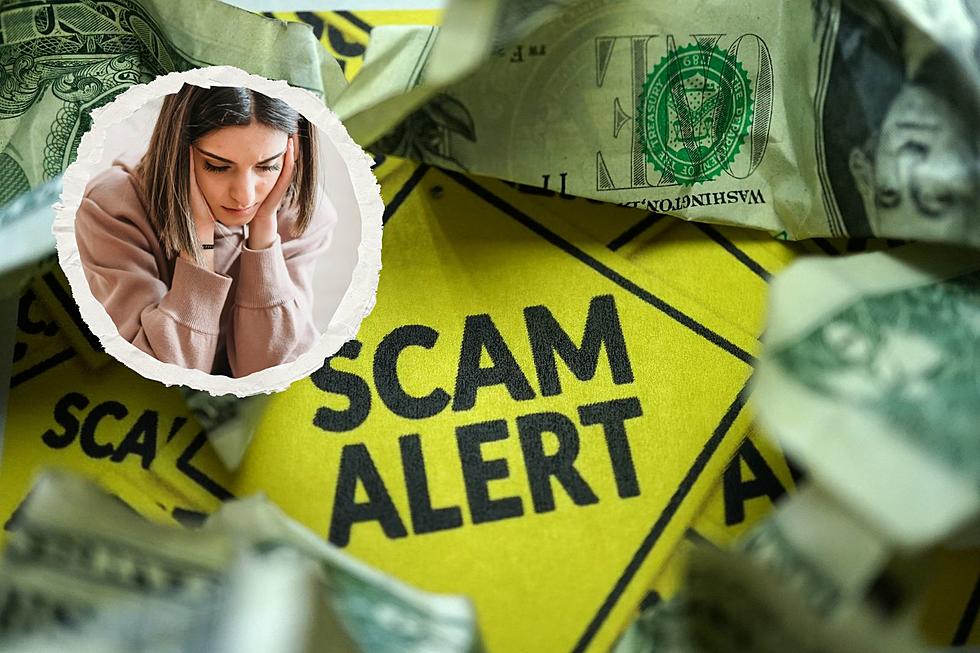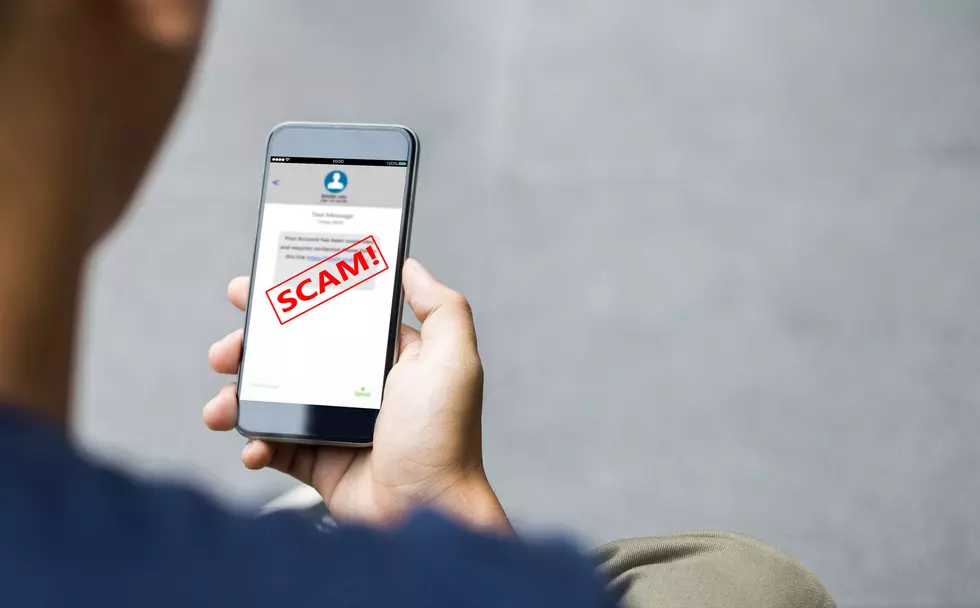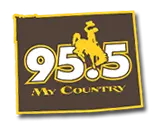
Here’s How To Know That You’re Being Scammed In Wyoming
There aren't many services you can't get online anymore.
Accessing your financial records, accounts and money has been available since the 1980's, but obviously not as widely used as it is now.
Using an app, or the internet in general, to do all of your banking has come a long way in the last 30 years. Almost everyone in Wyoming has access to their bank accounts 24/7/365. You can check balances, move money from account to account, pay bills and send money, all with the touch of your phone's screen.
Myself, I've never stepped foot in an actual bank in Wyoming. I opened an account, deposited money, paid my bills and even have them send checks for me.
Heck, if you have enough phone service, you could check your accounts or pay someone money you owe them, from the back of a horse on the top of a mountain in the Bighorns. It's pretty fancy and convenient for most of our daily busy lives.
Not only does technology make life easier, it can also leave you wide-open for being scammed.
Wells Fargo, the bank credited for being one of the first banks to offer computer access, has laid out a few key factors to avoid being scammed.
It's a great idea to sit down with your family and go over these scam 'red flags'. Research shows that the younger generations are the most likely to be targeted. The Federal Trade Commission writes on their website:
In 2021, Gen Xers, Millennials, and Gen Z young adults (ages 18-59) were 34% more likely than older adults (ages 60 and over) to report losing money to fraud, and some types of fraud stood out. Younger adults reported losses to online shopping fraud – which often started with an ad on social media – far more often than any other fraud type, and most said they simply did not get the items they ordered. Younger adults were over four times more likely than older adults to report a loss on an investment scam.
These are the 'Red Flag Warnings' you may be being scammed
- Unexpected Contact - Someone contacts you saying they're a loved one in danger or one of your favorite celebrities asking for money. They ask you to keep it a secret, use scare tactics or insist on using a wiring service.
- Urgency - You are encouraged or even pressured into acting fast.
- Paying Upfront - Scammers will often insist you pay them now for services later. Many times they'll ask to be paid in gift cards, cryptocurrency, or payment through a cash app.
- Impersonation - The scammer will say they're trying to help you get money back, that you didn't know you were missing. They give you specific instructions on how to act, what to say and do.
- Romantic Emergency - Online dating is a common way for people to find love these days, but you have to be aware that you may be dealing with a scammer. IF you're new online love interest doesn't want to advance your relationship, has an 'out-of-the-blue' emergency, or all of a sudden fell on hard times...you may be involved in a scam
It's always important to be alert and aware of the latest scams. Be vigilant and if it seems 'to good to be true', it probably is.
If you think you're being scammed, contact local authorities, family or the company they say they're from and your bank, to confirm the issue or debunk the scam.
QUIZ: Can you identify 50 famous companies by their logos?
Incredible Wildlife Oil Paintings From Casper Artist Justin Hayward
More From My Country 95.5









